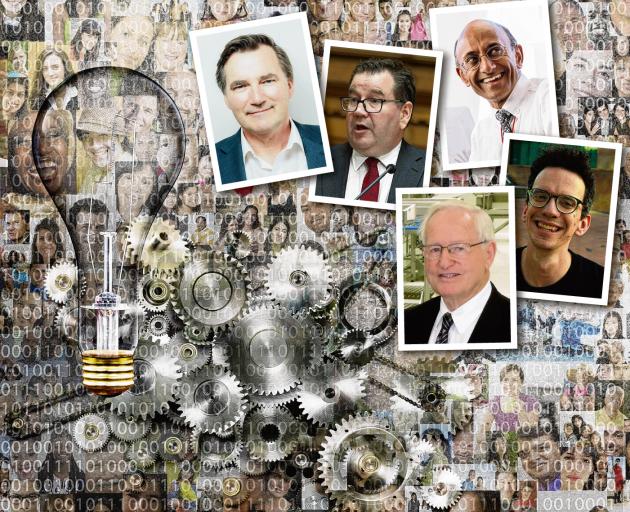
He knows he is not the worst off. But it has been a hammer blow. And the stress of not knowing how much worse it might get is gnawing at him.
For this middle-aged Otago man who does not want to be identified, being in a Level 3 lockdown is an improvement on the past month. But he knows it is not over yet.
When Level 4 came into force one minute before midnight on March 25, he was home on no pay with a partner and a child to provide for. Until then, life had been economically comfortable and secure.
What he had not anticipated, could not have foreseen, was a virus without a cure killing people around the globe. Nor the Government’s decision to mothball the country in a effort to stop its deadly spread.
It took a couple of weeks for his employer, a medium-sized business, to qualify for the wage subsidy. That was a relief despite a 50% reduction in income.
"We’ve been having to be very mindful of household expenses," he says. "But we’ve got through because we don’t have a mortgage."
He knows of others already doing it tougher.
"After mid-June, when the wage subsidy ends, is a bit of an unknown. That’s a bit of a worry."
Covid-19 has been an earth-sized wrecking ball.
The United Nations’ International Labour Organisation warns some 1.6 billion workers, nearly half of the global labour force, are in immediate danger of losing their livelihoods due to the pandemic.
In New Zealand during the next few months, the number of people out of work is likely to more than double, rising to at least 240,000 people.
Even before the new coronavirus, many were already under the pump.
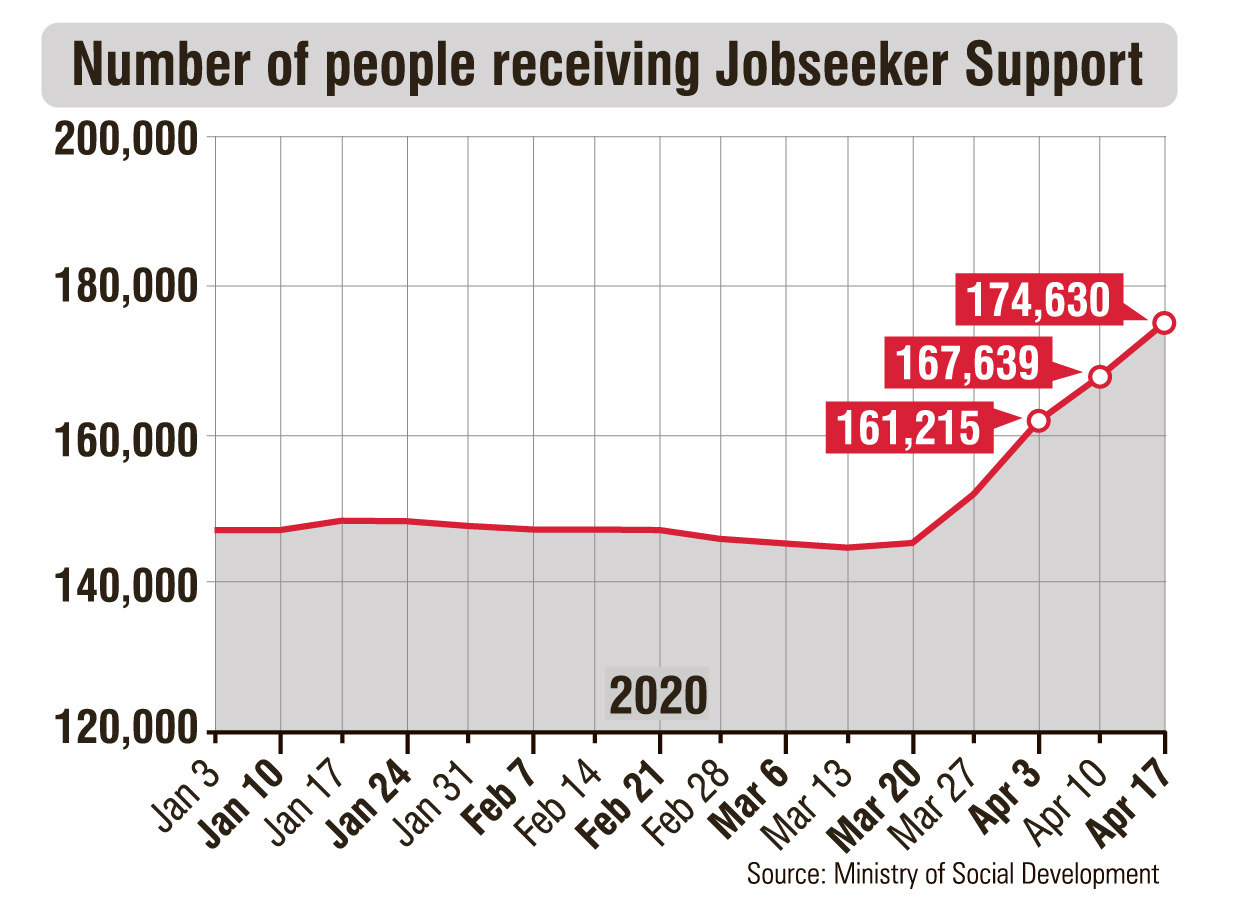
As the road to recovery begins, how do we ensure it is not just a recovery for a few, or just a recovery for the newly disadvantaged, but a genuine recovery for all?
The Weekend Mix put that question to four Kiwis — an economist, a former Prime Minister, a trade union leader and a young thinker.
Dr Ganesh Nana is chief economist at Business and Economic Research Limited (Berl). He was a member of the Government’s Welfare Expert Advisory Group.
Jim Bolger ONZ was Prime Minister of New Zealand from 1990 to 1997, overseeing a period of privatisation, labour market deregulation and welfare cuts. He was then ambassador to the United States, followed by time as head of both New Zealand Post and Kiwibank. He was chairman of the Government’s Fair Pay Agreement Working Group.
Richard Wagstaff is president of the New Zealand Council of Trade Unions. He is a member of the United Nation’s International Labour Organisation governing body and a member of New Zealand’s Future of Work Group.
Max Harris is an examination fellow at All Souls College, the University of Oxford. A former Rhodes Scholar, he was a consultant in Helen Clark’s executive office at the United Nations Development Programme.
Four common threads emerge from their responses.
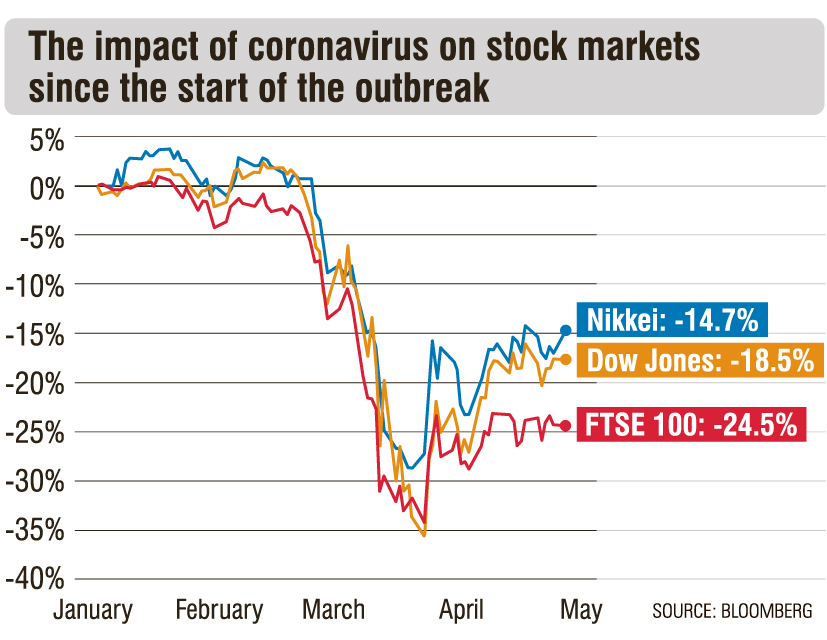
Neoliberalism, championing an unfettered free market, has been a failure, Bolger says.
"Neoliberalism ... created massive unequal growth," he says.
"Wealth flowed uphill to the top, and they became massively, excessively, grossly wealthy. And the bottom ... are barely surviving one paycheck to another."
What we need, Bolger says, is a willingness to take a radical approach.
Dr Nana says the past three or four decades has been all about the idea that government is bad and that small government, which cuts spending and cuts taxes, is better.
"That is not going to serve us for the next five or 10 years. We’ve got to get away from our allergy about government spending and actually embrace it," he says.
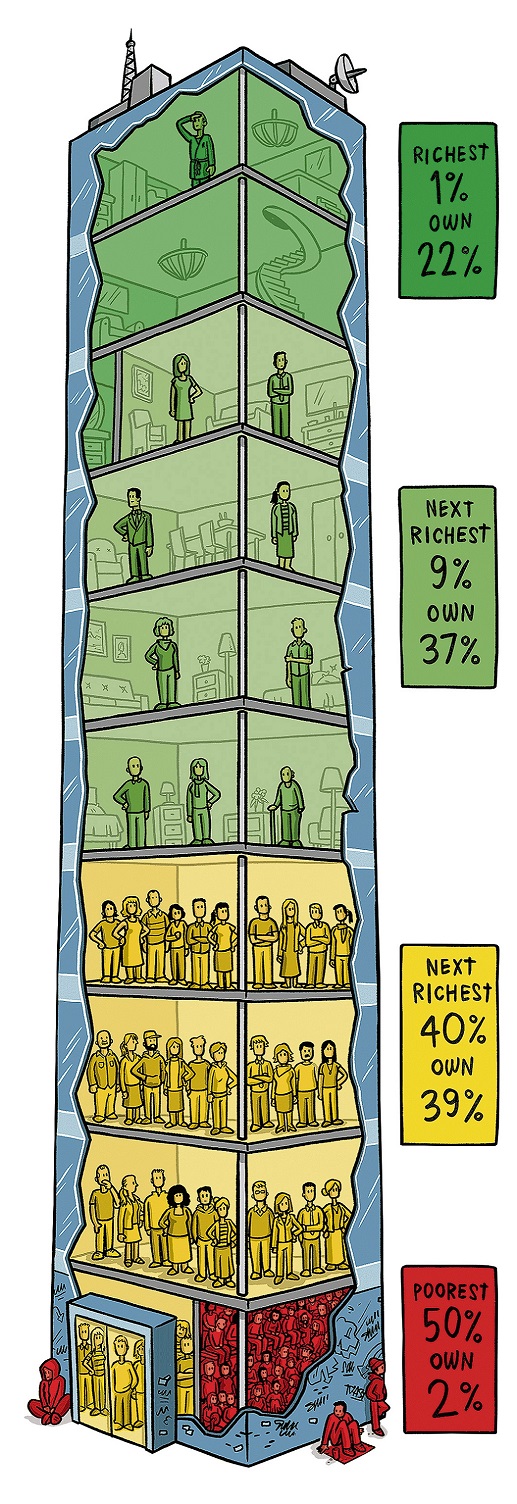
"So, it is a new world, very much a new world."
Dr Nana describes the Reserve Bank’s suggestion that it could finance government debt directly as a "no-brainer".
"It’s been in the textbook a long time ... It’s just another tool in the toolbox to use when sensible. And now is the time to use that, very definitely."
Harris is also adamant a recovery will not be served by failed austerity models that only tear apart the social fabric of society.
"We shouldn’t aspire to go back to some pre-crisis ‘normal’, when the crisis has made so many of us rethink how society could be run in a different and better way.
"To me, the recovery has to be based on values of solidarity, justice, and democracy."
Wagstaff adds his voice to the call for something new.
The aim should be loftier than "simply a return to a pre-Covid existence" but rather "to a better place", he says.
"The emergency has ... shown big gaps in our social infrastructure that urgently need to be fixed," Wagstaff says.
"Including weak support for workers who lose their jobs ... an overstretched health system, indebted households, unaffordable housing and firms which cannot withstand even a month without income."
Secondly, the recovery has to be government-led. All four say so. Dr Nana puts it succinctly and forcefully.
"The role of government is central. It’s just so critical," he says.
"Because there is no-one else left on the playing field at the moment."
Businesses and households are concerned about their financial position and have no appetite for spending, he says.
"So the only people left standing is literally government, to step in and be the safety net.
"Government has to be the leader and say, yes, there is a future, yes, we have confidence."
He advocates a "safety net" for individuals and for business.
By safety net, he means whatever it takes to make sure that people are able to continue to connect, take part in and belong to their communities.
"It needs to be as broad and strong as possible.
"That to me is the number one priority."
The notion that beneficiaries are bludgers has to go, Dr Nana says.
"Because actually, quite a lot of us are going to be beneficiaries for a while, either directly or indirectly."
Next, the recovery has to truly address longstanding inequality, say the four despite their varied backgrounds.
It is no surprise, perhaps, that Wagstaff believes that strongly.
He says we need to learn lessons from the past and build a recovery that enables everyone to live a decent life with dignity.
Above all else, that means industry-based employment relations, Wagstaff says
"So that we can ensure decent wages and conditions can be set as a floor across a whole industry, especially for essential service workers."
Some, however, might be surprised to hear a former National Prime Minister acknowledge the pandemic has "laid bare gross inequalities" and say radical innovation to progress a fairer pay system might be the answer.
"Too many New Zealanders in full-time employment have to rely on welfare to survive," Bolger says.
If we are going to get a decent society, we need to replace GDP as our sole measure of progress, he says.
"Properly measuring would expose where we are failing. Because if we’re not measuring it we’re probably not focusing on it."
A universal basic income is worth considering, Bolger adds.
"I would think New Zealand needs an independent commission to look at the concept."
Harris agrees the crisis exposes inequality and injustice in New Zealand that needs to be addressed. His thoughts on a "recovery for all", however, are broader than national boundaries. He calls on the Government to speak up for debt-laden developing nations.
"The Government should take this opportunity to call for action, like debt cancellation.
"That might be challenging to the interests of powerful countries but is absolutely necessary."
Lastly, they are united in the view that the recovery has to be green.
The essential focus must be on the environment, Bolger says.
"There is more danger to New Zealand from rising sea levels, and the associated damage to coastal communities, than from anything else."
He says central and local government should commit to replacing their fleets with electric vehicles and that solar panels should be required on all new homes.
Wagstaff says infrastructure spending should include identifying new industries that are low carbon and provide good, well-paid jobs.
"Everything we do as part of the recovery should have the objectives of a better society designed into them," he says.
Dr Nana says shovel-ready projects need to start immediately.
"Obviously, things that are shovelling for the future, not the past. So, we don’t want to build for the cars. We want to build for transport networks and infrastructure and communications and health and education."
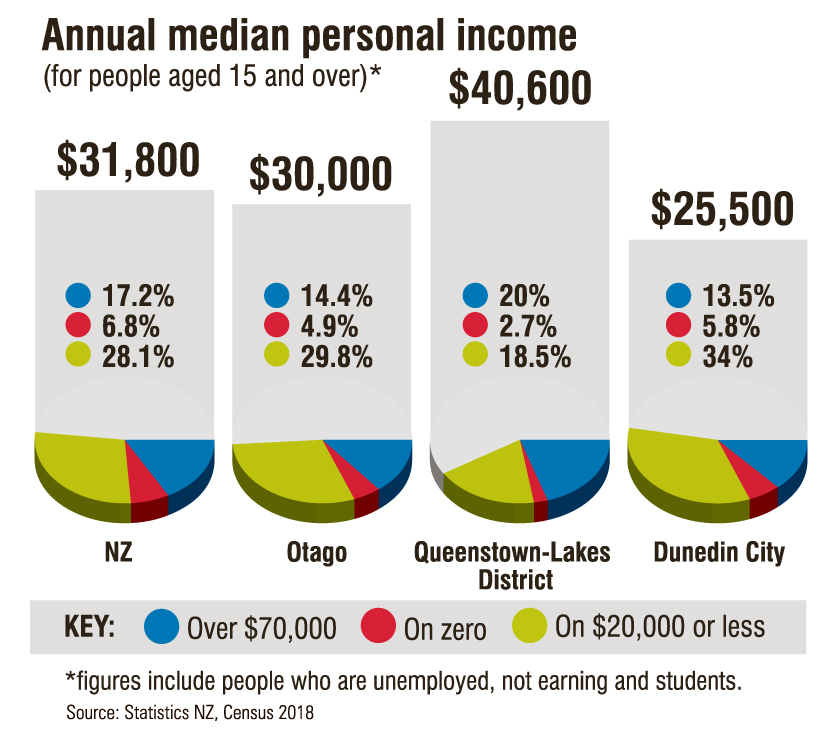
"It should prioritise renewable energy projects, public transport (like nationwide rail) and projects that indirectly support decarbonisation like publicly-owned fibre broadband, which reduces travel and supports working from home."
Is the Government on the same page as these four?
Finance Minister Grant Robertson is saying all the right things.
The Government wants to make sure everyone comes through this one-in-100-year event and goes on to thrive socially and economically, he says.
It is an opportunity to look at new ideas and to reset how we look at the economy and at society, he says.
But what does it mean in practice?
Robertson promises the wage subsidy is just the beginning.
He says the Government needs to "seize the moment" for major initiatives such as changing the way income support is delivered and rebuilding our housing stock.
Robertson has watched Finland’s UBI trial. His concern is that a $12,000 UBI, for example, would not be enough to live on. And by the time add-ons are included "you really end up in similar place to the system we’ve got now".
But right now, no new ideas are being ruled out, he says.
"I can say this, we definitely want it [income support] to be linked and associated with training, retraining and the development of skills."
More detail, however, will have to wait for the Budget announcement on May 14, Robertson says.
"But I would say, we are acutely aware that this kind of disruption requires a response that is proportionate," he adds.
"Bear in mind that we are having this conversation without knowing the full impact. No country knows that yet."
The middle-aged Otago man looks out the window at a world that in myriad ways is beyond his control. Life is a little bit better under Level 3 — more freedom of movement and he is back at work, for now.
But there is also the tension of knowing each day brings closer the moment when things might get a lot worse.
"We just don’t know quite what the future might hold. We’re probably OK for a few months," he says.
"It’s made me think I need to get my CV in order and consider training opportunities."
Whether the company he works for survives depends on how quickly and successfully the rest of the country, and the world, gets back on its feet.
Those eventualities, and the repercussions, are still to come — for him, and for all of us.
Comments
"Universal income."
Money for nothing, produces nothing. Make the first $25k income tax free.
"There is more danger to New Zealand from rising sea levels."
Even if NZ went 100 or more % green, this would not change. It's a global issue.
"solar panels should be required on all new homes"
My house is shaded by trees so don't get much winter sun. That would be a waste of money.
"we don’t want to build for the cars"
Cars are personalise freedom of movement. That is why we love them. The issue is their energy source. NZ has low population density making grandiose schemes like light rail a waste of resources.
"Ministry of Works" that is so straight out of the 70's Think Big Projects it make me feel sick.
"publicly-owned fibre broadband" who owns the network doesn't change its carbon footprint. Starlink generates its power in space.
"no new ideas are being ruled out" nor have they been mentioned.
"all four say the recovery has to be built with a bold, new approach"
Correct !!!
The first step would be getting them and their mindset to step aside for some new thinking !!!












